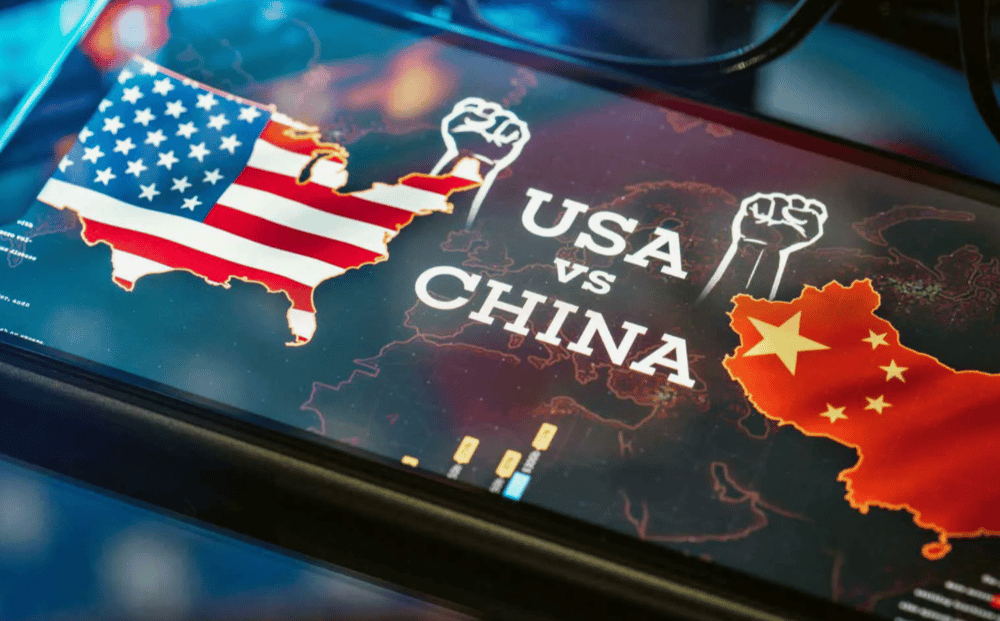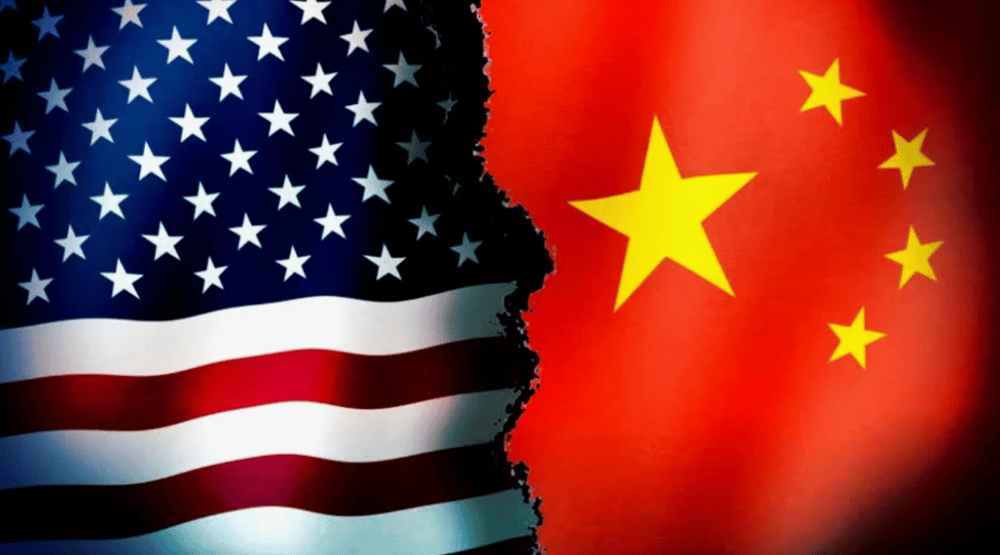Vanguard Files for China-Excluded Emerging Markets ETF Amid Rising US-China Decoupling Pressures
Vanguard, one of the world’s largest asset managers, has filed with the U.S. Securities and Exchange Commission (SEC) to launch a new exchange-traded fund (ETF) that will specifically exclude Chinese equities from its portfolio. The proposed Vanguard Emerging Markets Ex-China ETF marks a pivotal moment at the intersection of geopolitics and investment management.
The move appears to be a direct response to mounting pressure from U.S. institutional investors seeking to reduce exposure to China. Notably, the Missouri State Treasurer's office, under Vivek Malek, reportedly influenced the fund’s creation following a series of formal requests and private meetings with Vanguard representatives. Documentation reviewed by Reuters confirms the timeline and the substance of these engagements.
What the Filing Reveals and Why It Matters
Filed on May 30, the Vanguard ETF aims to capture growth in emerging markets while bypassing exposure to China — the second-largest economy globally. For decades, China has been a dominant allocation in emerging market indices. Removing it from the equation fundamentally alters the risk and return profile of such a portfolio.
The exclusion aligns with a broader pattern of financial decoupling between the U.S. and China, initiated under the Trump administration's trade war policies and sustained through bipartisan concerns over human rights, data security, and corporate transparency in Chinese firms.
For Vanguard, which traditionally avoids political controversy, this product introduces a nuanced response to client-driven demand while navigating the sensitive terrain of global investment and international relations.

Quick Facts
📅 Filing Date: May 30, 2025, with the U.S. SEC
🗺️ Fund Name: Vanguard Emerging Markets Ex-China ETF
🇨🇳 China Exposure: Explicitly excluded from fund holdings
🏛️ Client Influence: Missouri State Treasurer’s office played a key role
📉 Context: Continuation of U.S.-China economic and financial decoupling
Market Response and Institutional Commentary
The proposed ETF has sparked interest among institutional investors wary of escalating tensions with Beijing. Large pension funds, university endowments, and state treasuries have increasingly voiced concerns over forced labor, audit transparency, and political risk associated with China-listed entities.
From an allocation standpoint, removing China from emerging markets shifts emphasis toward economies like India, Brazil, Indonesia, Mexico, and South Africa, potentially reshaping capital flows in EM-focused strategies. While some investors argue that excluding the world’s second-largest economy could impair diversification, others frame it as a "de-risking tool" amid deteriorating geopolitical conditions.
Analysts also point to the broader implications for index providers such as MSCI and FTSE Russell, who may face renewed pressure to offer custom indices without Chinese components.

Key Takeaways
Vanguard’s China-excluded ETF signals growing institutional demand for politically insulated investment products.
Missouri’s involvement underscores the rising influence of U.S. state-level finance officials in asset manager product strategy.
Geopolitical risk now materially affects fund design, even among traditionally passive providers like Vanguard.
China’s removal rebalances EM allocations, potentially boosting weightings in other emerging economies.
The ETF’s launch could influence other asset managers to follow with similar de-China offerings amid rising political scrutiny.
Political Pressure Redefines Passive Investment Strategy
Vanguard’s plan to launch a China-excluded emerging markets ETF reflects a significant convergence of geopolitical pressures and asset management trends. In an era where financial exposure increasingly intersects with foreign policy, even passive instruments are being reshaped by political calculus.
The direct involvement of the Missouri State Treasury illustrates a shift in investor expectations, where institutional stakeholders seek alignment not only with return objectives but also with policy and risk considerations. As U.S.-China financial decoupling continues to unfold, customized ETFs may become a new frontier in politically-conscious portfolio construction.















Comments
Forward-looking investments like this are reshaping the competitive landscape of tech innovation